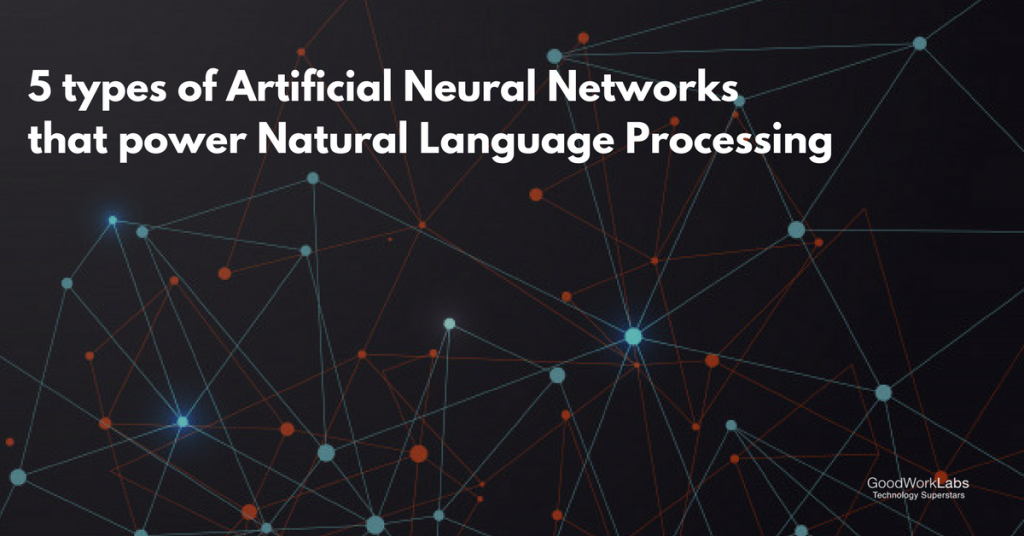Artificial Neural Networks – The basics
Artificial Neural Networks are simulations that are derived from the biological functions of ‘neurons’ which are present in the brain. Thus, Artificial Neural Networks are essentially artificial neurons configured to carry out a specific task. ANN has gained a lot of popularity as it is used to model non-linear processes.
Artificial Neural Networking allows solving problems like clustering, classification, pattern recognition, prediction, and determining outliers. This has made ANN a very useful tool.

How does ANN work?
Artificial Neural Networks acquires knowledge through learning continuously. Like in humans, the knowledge acquired is stored in the artificial neurons designed within the ANN and used to perform the required task. ANN has a wide range of syntax, semantics, and speech-tasks which help ANN solve a wide range of problems.
Some of the interesting applications of ANN are discussed below.
1. Text Classification
Applications like web searches, language identification are some of the applications that use text classification. Neural Networks are widely employed for this type of classification. Experts agree that deep learning can be applied to enhance the value delivered by text classification. Artificial Neural Networks can be applied from character-level inputs as well as abstract text content.
CovNets or Convolutional Networks can deliver good outcomes in text classification without prior knowledge of words or phrases by applying them along with deep learning and Neural Networks.
2. Semantic Parsing
Artificial Neural Networks can be actively helpful in answering questions. A Q&A system will automatically answer any question asked in natural languages like definition questions, biographical questions and so on. Using Neural Networks in these systems makes it possible to maintain a high performing question answering system.
Developers have released semantic parsing framework for answering questions using a specific knowledge base. ANN uses this framework to quickly identify the type of questions and then answers it using semantic matching. There are other frameworks available which can further improve neural networks’ performance in this field.
3. Speech Recognition
Voice technology has advanced and now it is used for automated telephone conversations, speech-only computing, and much more. Neural Networks are being used extensively in this area. neural networks can specifically be programmed to handle multiple types of queries over a wide range and with continuous learning, neural networks help you achieve a great speech recognition software.
4. Character Recognition
Character recognition has become vital in today’s world across different industry verticals. There are many practical applications in this realm. Some instances include character recognition on receipts, invoices, checks, or legal billing. The Character Recognition framework for Artificial Neural Networks has been effectively used in this field and tests have shown the accuracy to be above 85%.
5. Spell Check
Text editors help you find out misspelled words to help you rectify them. Neural networks have been incorporated in many of these text editors nowadays to provide easier spell checks. It uses the personalized spell check framework and it outperforms many other text editors that don’t use Artificial Neural Networks today.
To conclude, we can say that Artificial Neural Networks are very versatile and make a lot of jobs easier in different functions within an enterprise.




